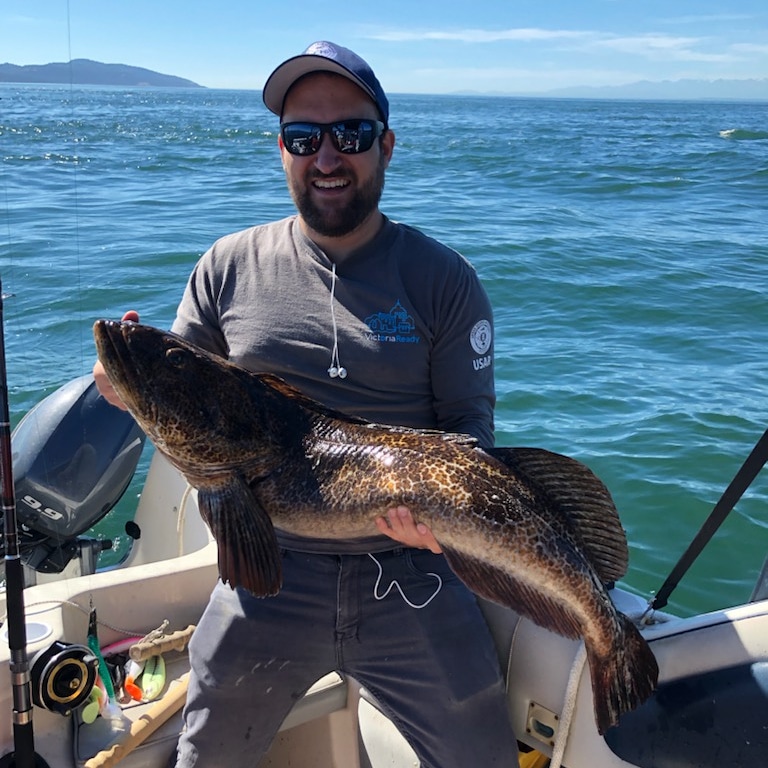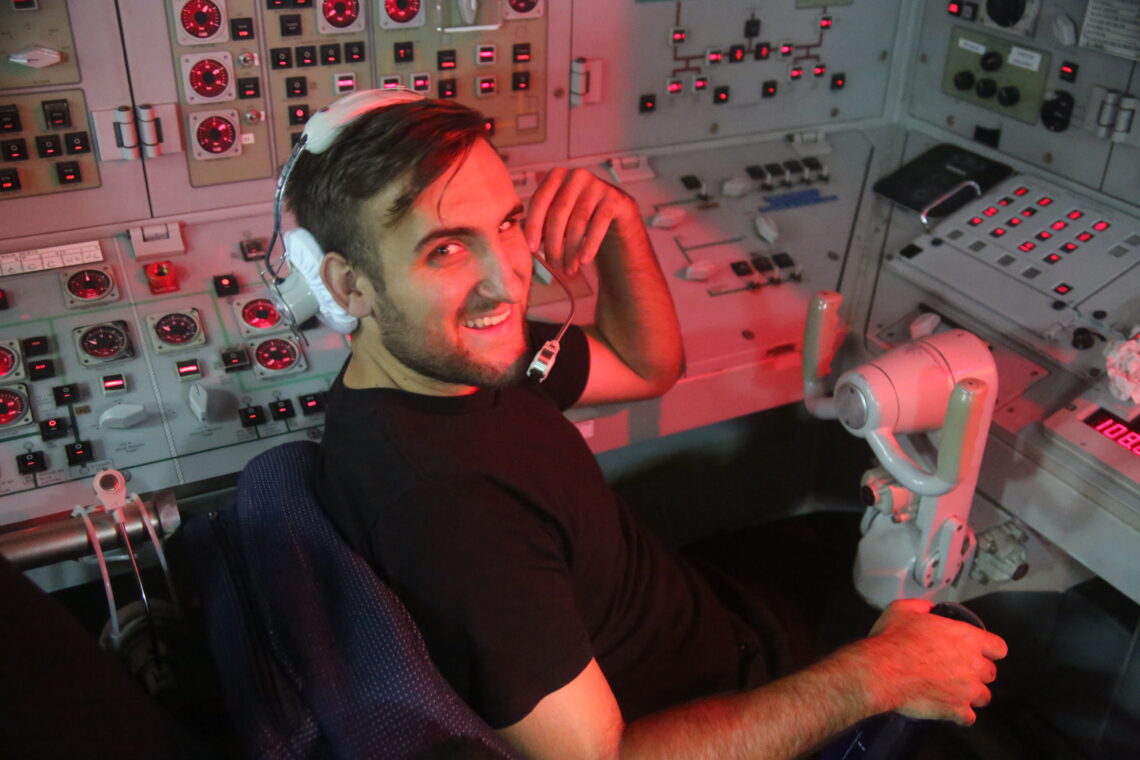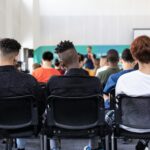A little bit about myself…
My name is Zach Walker and I’m an island boy through and through. I was born on this island, I became a man on this island, and I intend to die on this island (source needed). It is my home and the place where I choose to live, learn, and play. I am deeply appreciative of this place for all of the things it gives me and I hope that through my teaching, I can give a little back.
A brief chronology of my life: I graduated from Parkland Secondary in 2010, enlisted in the Navy shortly thereafter, and then left to pursue a degree in Physics (I said it would be brief). While adrift in the world of physics at UVic, I learned that the way I make meaning in life is to share knowledge with others and thus, I became a teacher. Currently, I teach at a girl-centered independent school in Victoria B.C., and am in the first year of a graduate degree focused on educational technology. I also like fishing.

Pictured above is the second largest dinger I’ve ever bagged in my lengthy fishing career which started when I was a mere chap of age 5. I’ve kept this tradition alive with my father for over 25 years and it is where I’ve received some of my most valuable life lessons. Nature is a great teacher and so is my father.
My interest in learning design…
I sense an unspoken tension between what we do in our classrooms and what we value in our students. Despite the extreme flexibility that the B.C. curriculum allows us, I see a lot of the status quo in our methods. We stand and lecture and test and then we wonder why our students struggle to make decisions and solve problems. We stand right behind our students and walk them step by step through a prescribed procedure while holding their hands. Why aren’t they resilient? Why are they giving up? Why can’t they innovate?
An interesting solution to this tension is currently being employed at a high school in San Diego where the values align with the methods.
My current interest in learning design is how to adapt the thinking classroom model to science education. I’ve been teaching math for the last few years and Peter Liljedahl has been a massive influence on my teaching practices. His thinking classroom is an environment that fosters problem-solving, resilience, and communication; skills needed for developing children into world-class citizens. I appreciate the framework he has built and I am looking for effective ways to integrate it into my physics classroom.
How can I work more inquiry and problem-based activities into my classroom while still ensuring that students acquire the necessary knowledge to do well in examinations? How can I make time and space for practical work; the backbone of scientific inquiry? Where is the balance? What is the most efficient practice? Maybe I can find out in EDCI 565 with Dr. Michael Paskevicius…
My experience with learning design…
Currently, I design, develop, and deliver a vast array of learning activities that range from standard lectures to full-blown inquiries. I have developed assessments that are quasi-collaborative and created projects that aim to develop communication skills. I have high standards for my students when it comes to their level of reasoning and communication and I try my very best to communicate my expectations clearly and concisely.

One thing that I feel I lack is an understanding of educational frameworks and learning designs. While my PDPP program was outstanding, I feel that these most basic concepts have eluded me. Don’t get me wrong, I try to employ best practices and often borrow from other teachers many years my senior (in teacher experience), but I don’t think I have a formal understanding of the current frameworks. I have a sneaking suspicion that learning about different teaching frameworks will help me plan more effective learning activities and I could not be more excited about that!




